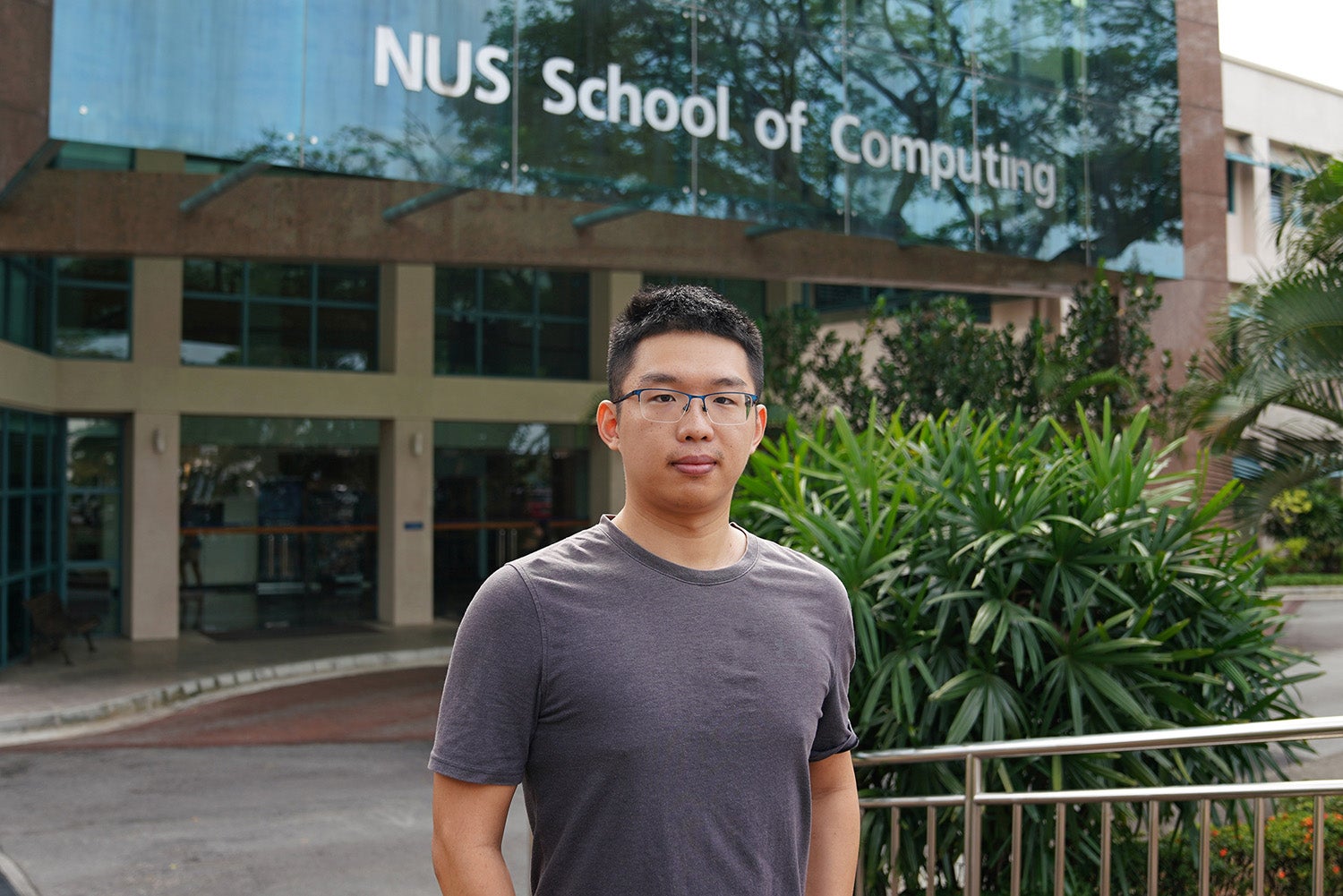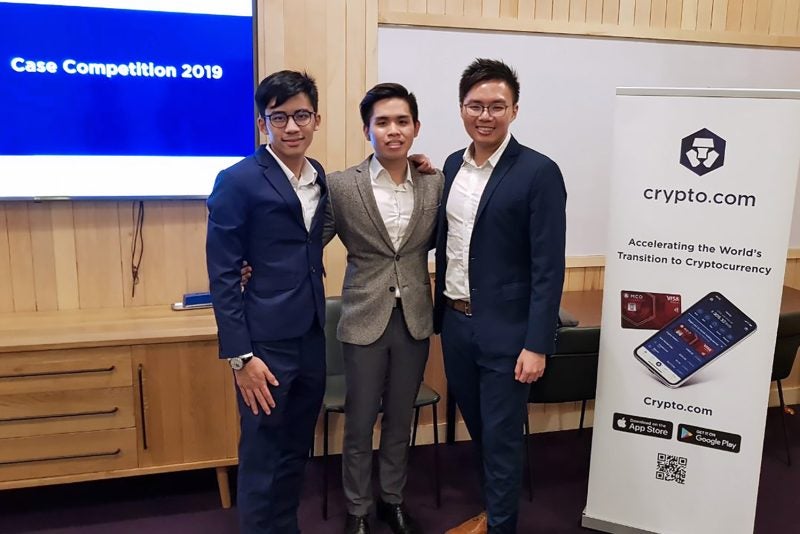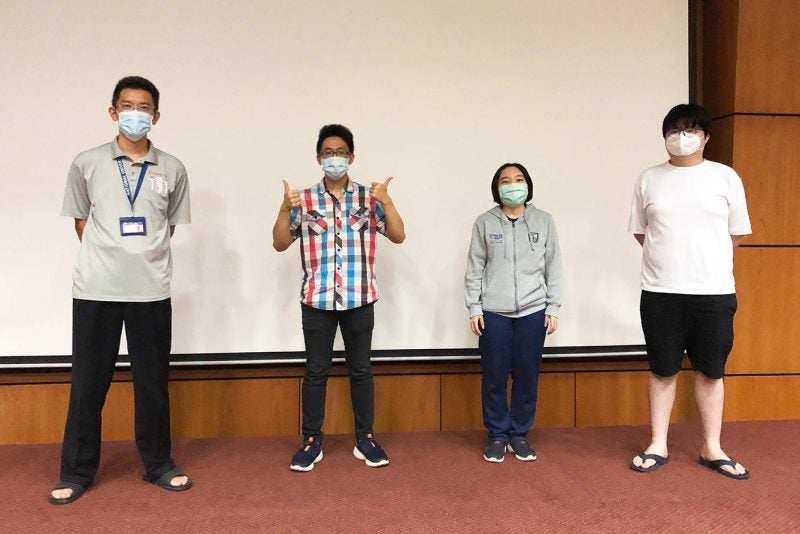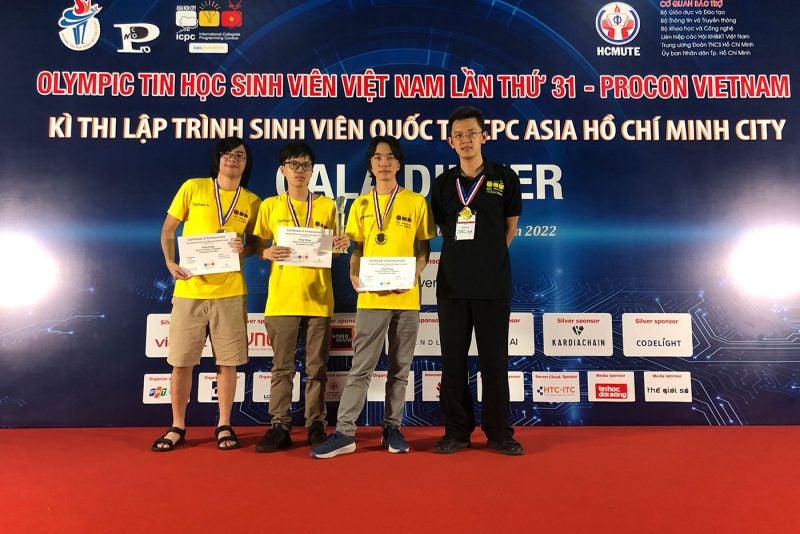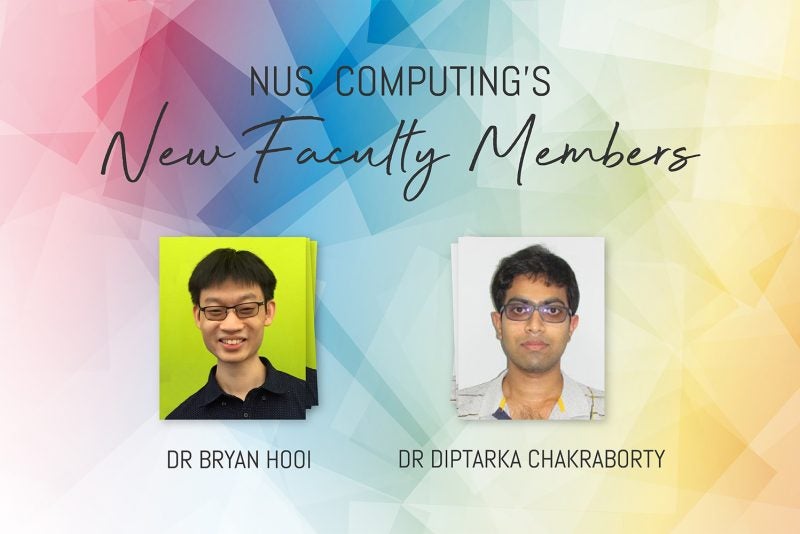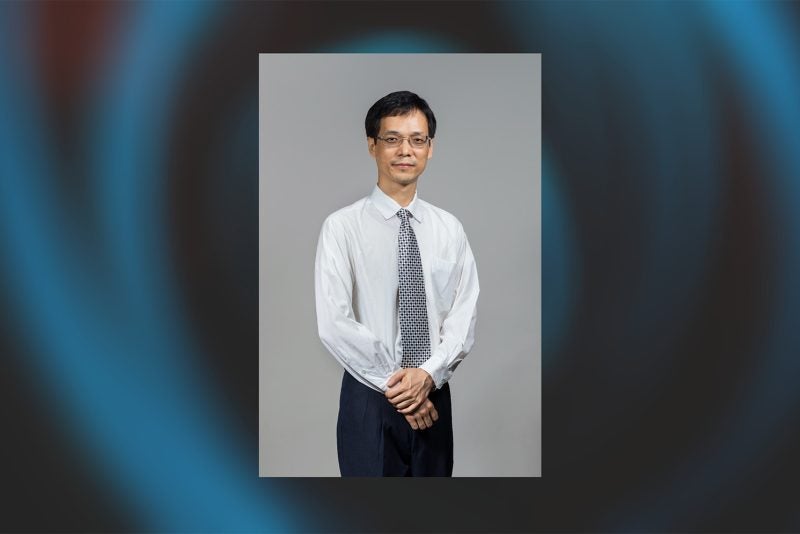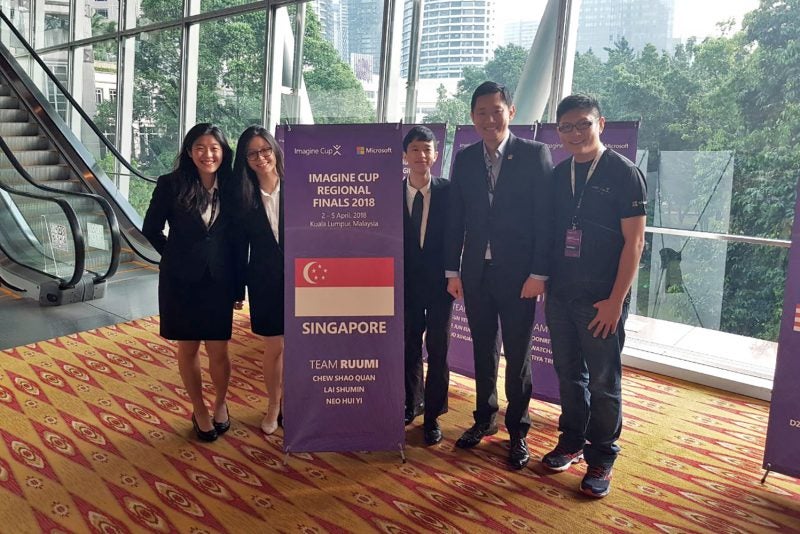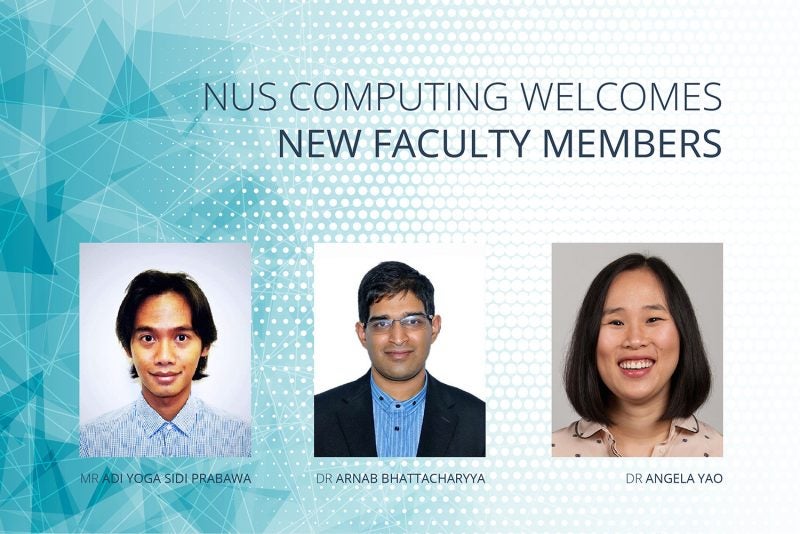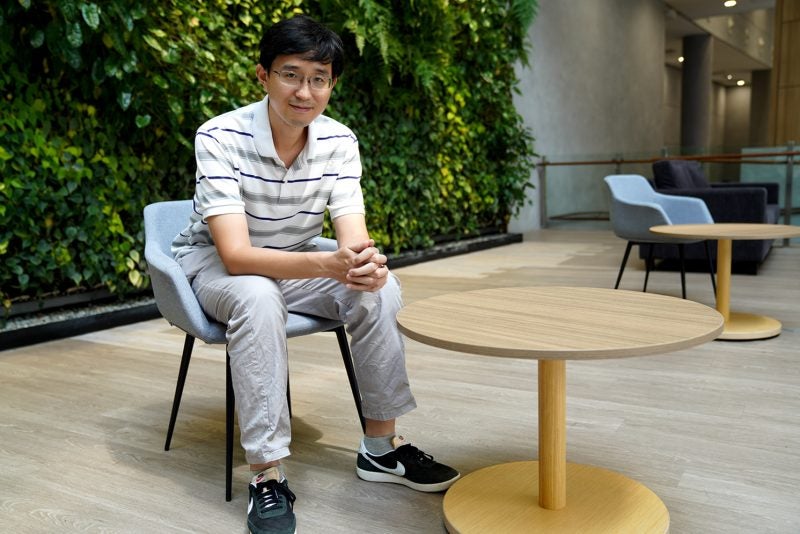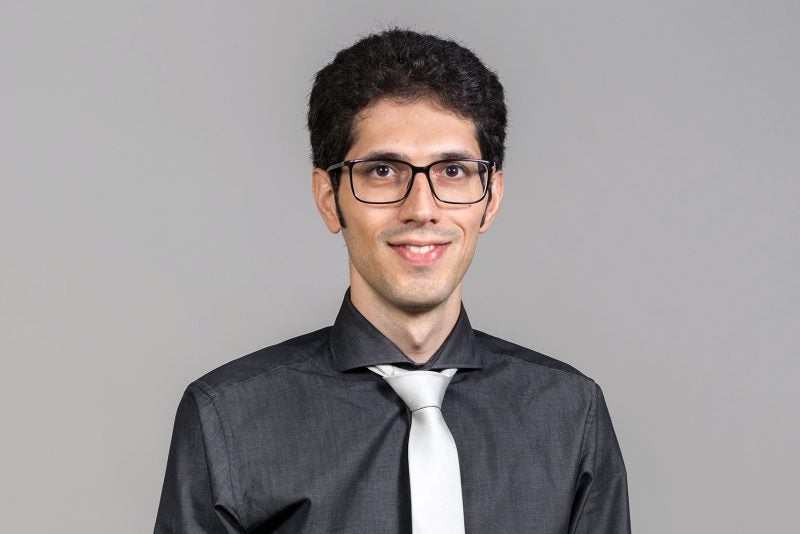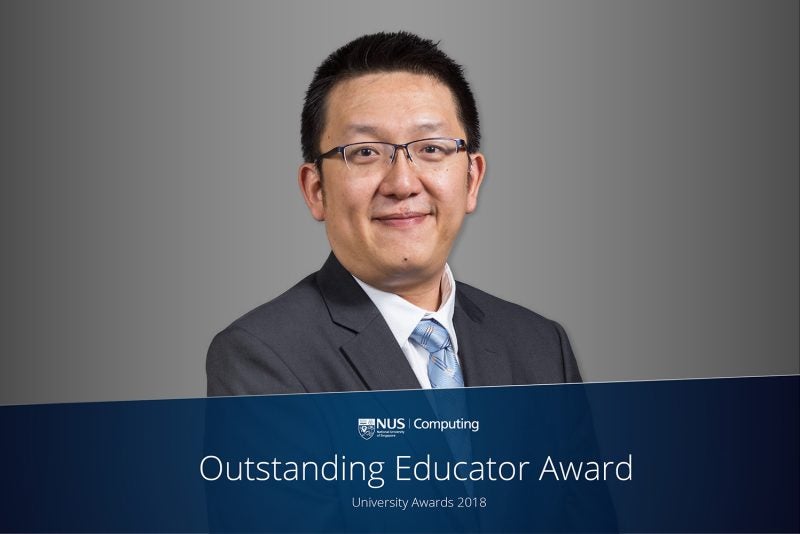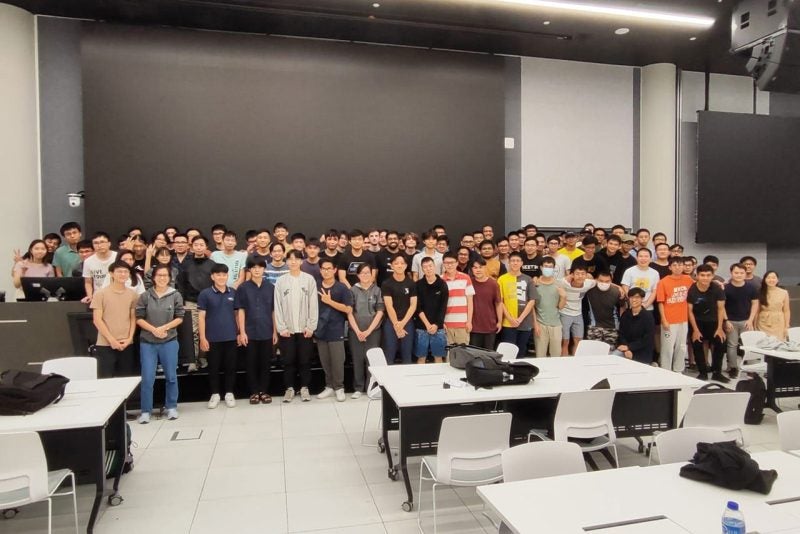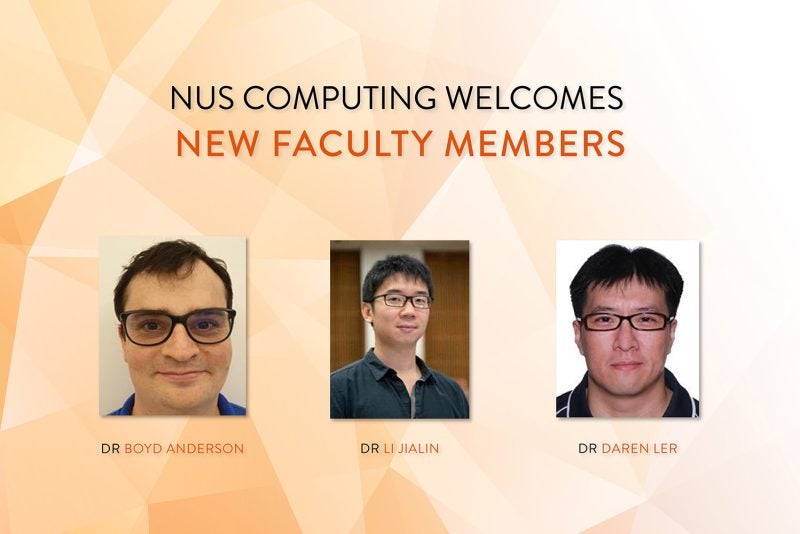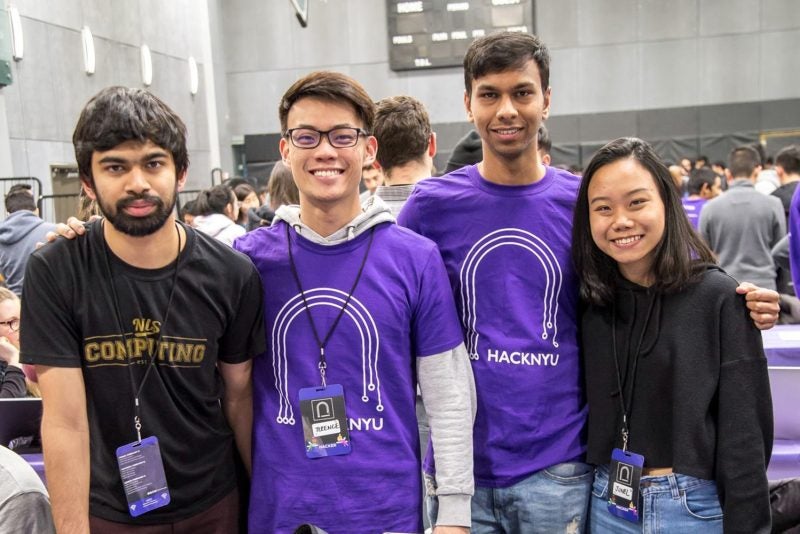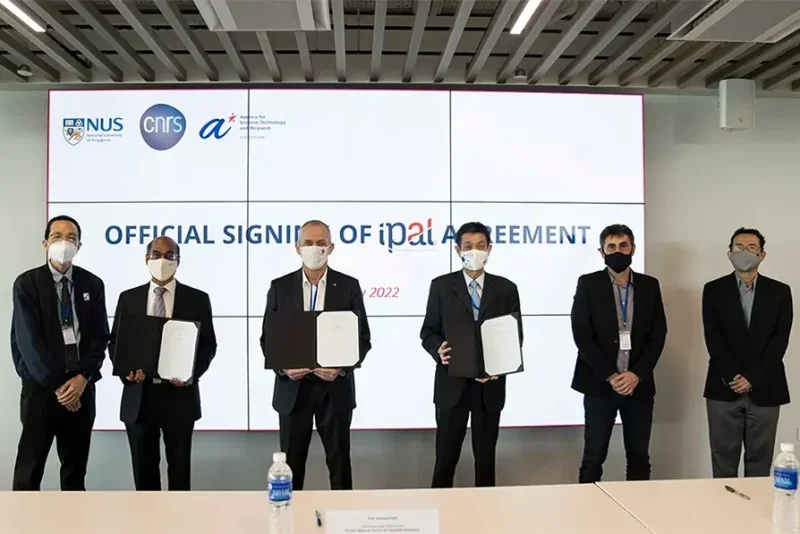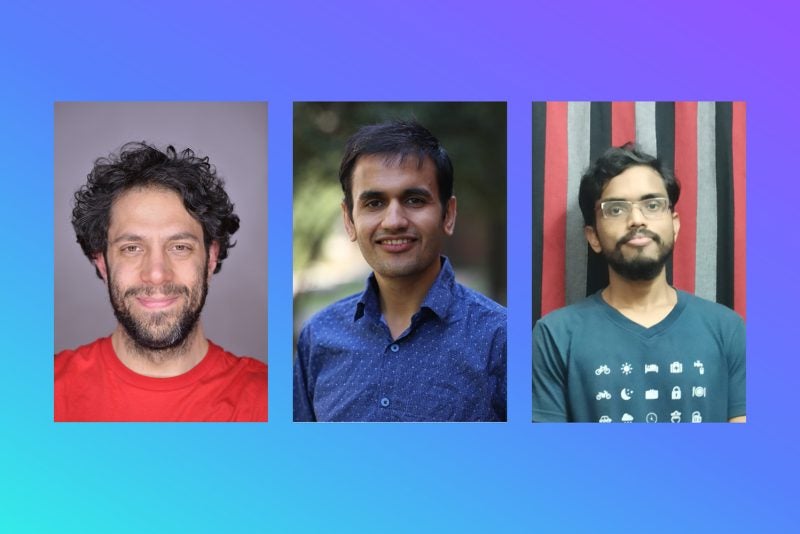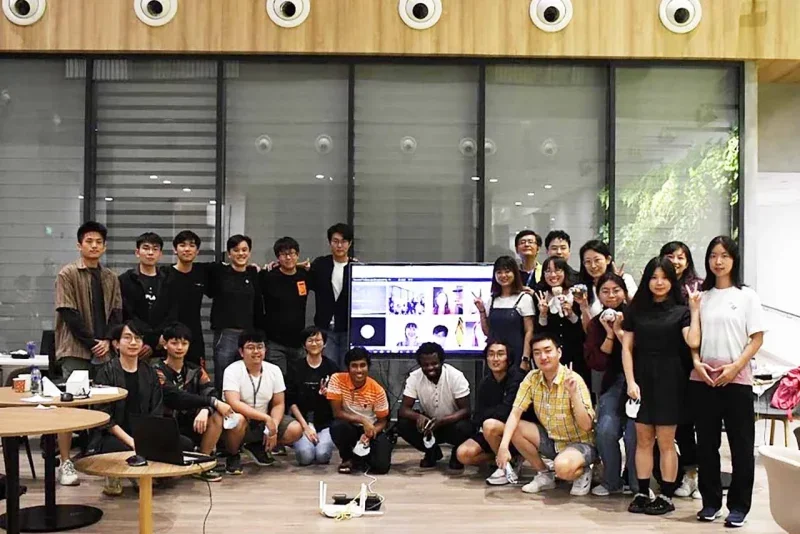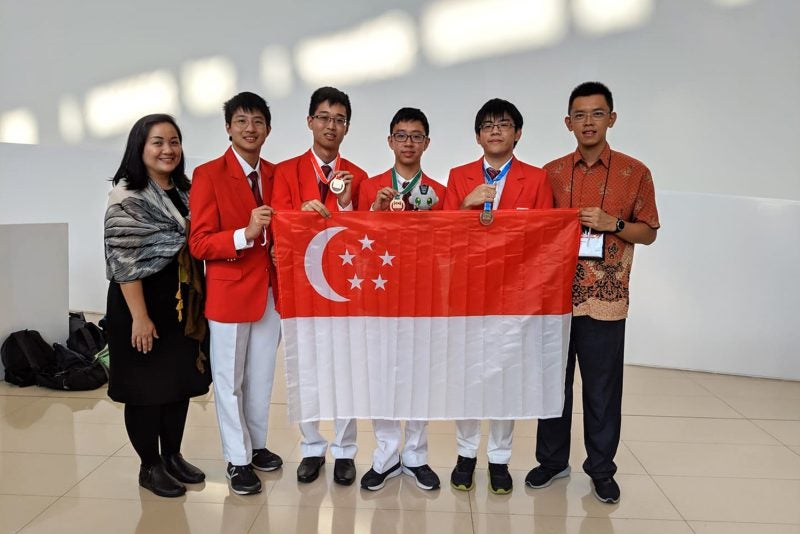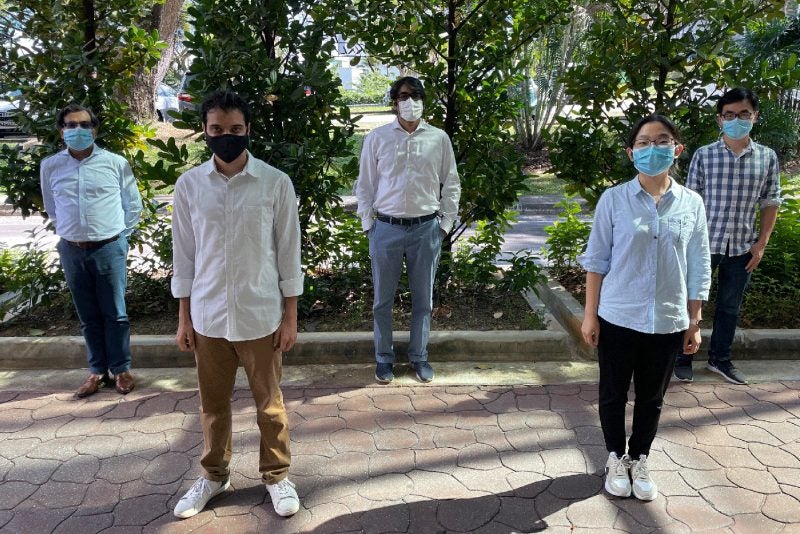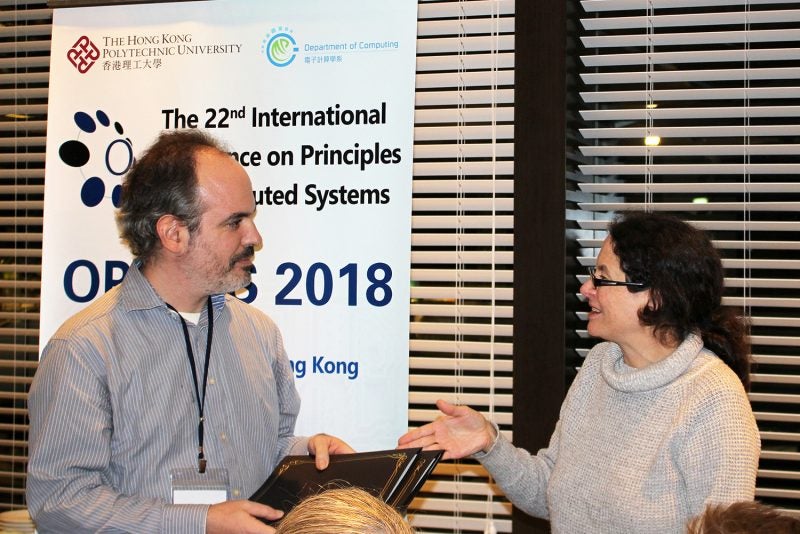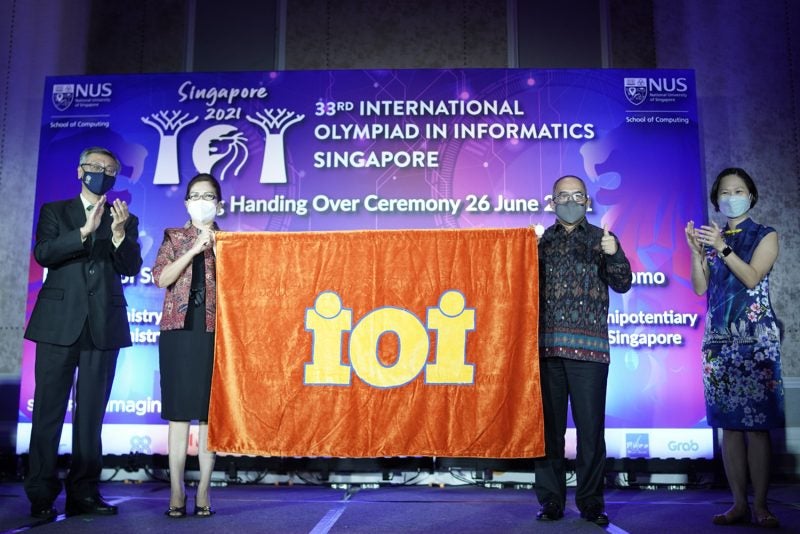19 August 2019 – Computer Science PhD student Ruan Pingcheng received the Best Paper Award at the 45th International Conference on Very Large Data Bases (VLDB) held in Los Angeles, California, from 26 to 30 August this year.
VLDB is a premier annual international forum for data management and database researchers, practitioners and users. Over 500 papers were published in the top tier conference. Pingcheng co-authored the award winning paper with NUS Computing Senior Research Fellows Dr Dinh Tien Tuan Anh and Dr Lin Qian, as well as his PhD supervisor Distinguished Professor Ooi Beng Chin. This is Pingcheng’s first time publishing a paper at a conference.
In this research, Pingcheng and his team used established conventional database techniques to develop a secure and efficient data provenance system for blockchain. Data provenance refers to a record trail for a piece of data. “The only way you can extract out data history in existing blockchains is to replay all transactions in the system,” said Pingcheng. “It might be applicable for large-scale, offline analysis but it is not suitable for online transaction processing.”
The team’s system enables a new class of blockchain applications whose execution logic depend on provenance information at runtime. The team was able to implement their novel system on top of Hyperledger Fabric — a popular blockchain system – and demonstrate that their solution offers superb utility and security with negligible performance and storage overheads.
“In the first three years of my PhD candidature, I encountered many frustrating moments when it seemed like my research was leading nowhere and there were times where I even questioned my research topic,” said Pingcheng. “I’m glad that my perseverance sustained me through these challenges and I’m glad that my efforts have paid off.”
“It was definitely an unbelievable experience to have won the Best Paper Award as this is my first time publishing a paper as the first author. This has definitely boosted my confidence to pursue a career in research,” Pingcheng added.

